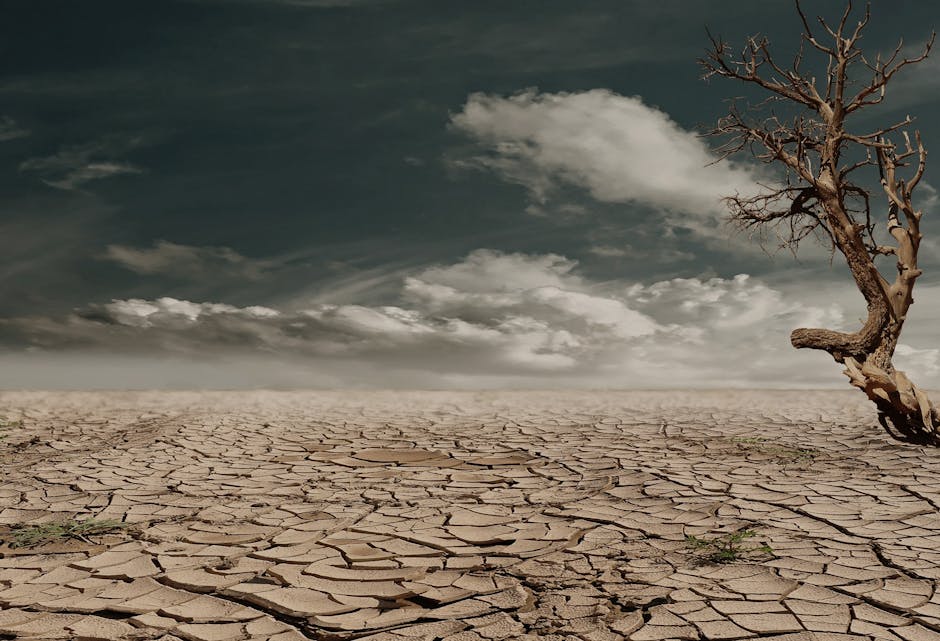Global warming, or climate change, refers to the continuing increase of Earth's global average temperature and is primarily caused by human emissions like burning fossil fuels and deforestation. This phenomenon has far-reaching consequences, impacting weather patterns, sea levels, ecosystems, and ultimately, our way of life. Understanding the severity of this issue is the first step towards implementing effective solutions.
One of the most significant pieces of evidence for global warming is the rising global temperature. According to NASA, the planet's average surface temperature has risen about 2 degrees Fahrenheit (1 degree Celsius) since the late 19th century, a change driven largely by increased carbon dioxide emissions into the atmosphere. Most of the warming occurred in the past 40 years, with the seven most recent years being the warmest.
The effects of this warming trend are already visible. Glaciers and ice sheets are shrinking, and Arctic sea ice is declining at an alarming rate. This melting ice contributes to rising sea levels, posing a threat to coastal communities and ecosystems. The global mean sea level has risen about 8–9 inches (21–24 centimeters) since 1880, with about a third of that rise occurring in the last two and a half decades.
Changes in precipitation patterns are also evident. Some regions are experiencing more intense rainfall and flooding, while others face prolonged droughts. These shifts can disrupt agriculture, water resources, and increase the risk of natural disasters. The frequency and intensity of extreme weather events, such as heatwaves, hurricanes, and wildfires, are also on the rise, further exacerbating the impacts of climate change.
The consequences of global warming extend beyond environmental changes. They also pose significant risks to human health. Heatwaves can lead to heatstroke and other heat-related illnesses, while changes in precipitation patterns can increase the spread of infectious diseases. Climate change can also exacerbate air pollution, further impacting respiratory health.
The impact on ecosystems is equally concerning. Many plant and animal species are struggling to adapt to the rapidly changing climate, leading to shifts in their ranges and behaviors. Coral reefs, which are highly sensitive to temperature changes, are experiencing widespread bleaching and die-offs, threatening the biodiversity of these vital ecosystems.
Addressing global warming requires a multifaceted approach. Reducing greenhouse gas emissions through transitioning to renewable energy sources, improving energy efficiency, and adopting sustainable land management practices is crucial. Investing in research and development of climate-friendly technologies is also essential.
Individual actions can also contribute to the solution. Reducing our carbon footprint through choices like using public transportation, conserving energy at home, and adopting a more sustainable diet can collectively make a significant difference. Education and awareness are equally important, empowering individuals to make informed decisions and advocate for climate action.

